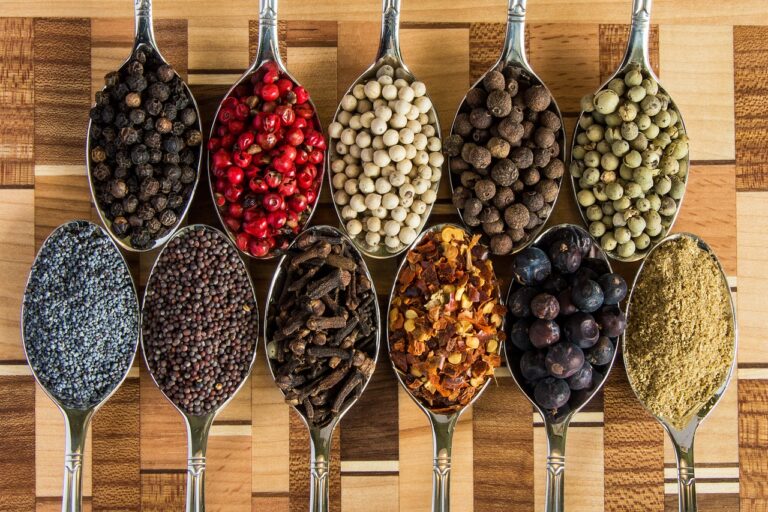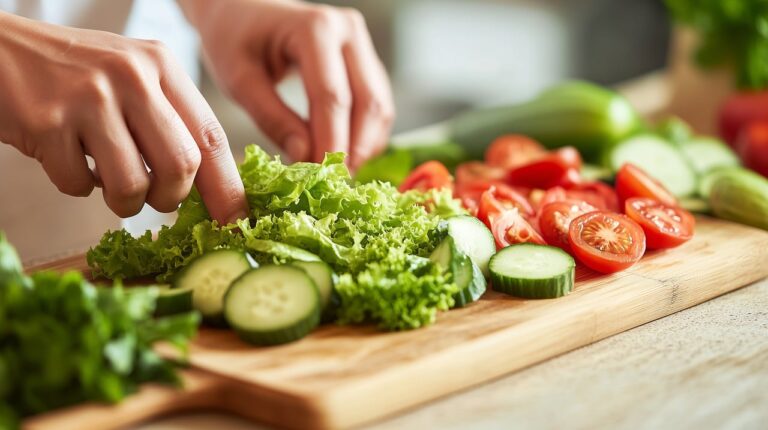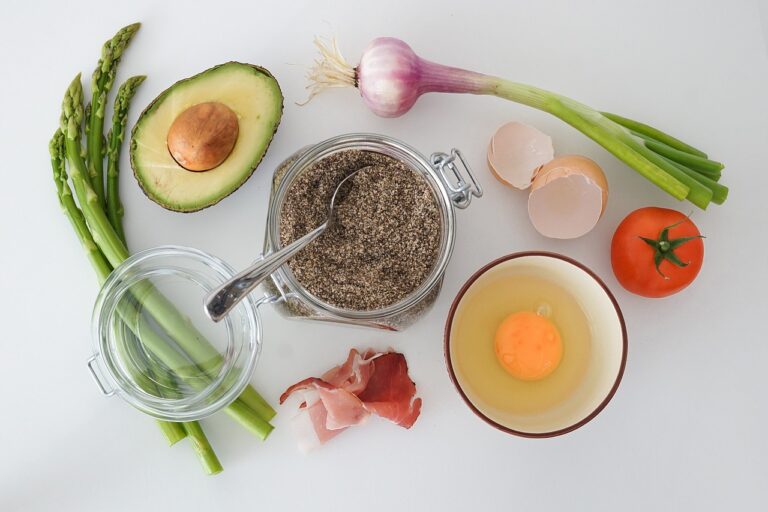Vegan Cooking: A Journey of Health, Flavor, and Compassion
Vegan cooking is an increasingly popular culinary approach that excludes all animal-based products, including meat, dairy, and eggs. Embracing a vegan lifestyle offers numerous benefits for health, the environment, and animal welfare. This comprehensive guide will delve into the fundamentals of vegan cooking, empowering you to prepare delectable and nutritious plant-based meals.
Health Benefits of Vegan Cooking
Vegan diets have been associated with a wide range of health benefits, including:
- ### Reduced Risk of Chronic Diseases: Studies indicate that vegans have a lower risk of developing chronic diseases such as heart disease, type 2 diabetes, and some types of cancer.
- ### Improved Weight Management: Plant-based diets are typically rich in fiber, which promotes satiety and supports weight management.
- ### Enhanced Nutrient Intake: Vegan meals often provide ample amounts of essential vitamins, minerals, and antioxidants.
Environmental Impact
Veganism also has a significant impact on the environment:
- ### Reduced Greenhouse Gas Emissions: Animal agriculture is a major contributor to greenhouse gas emissions. Choosing plant-based foods can reduce carbon footprint.
- ### Conservation of Water and Land: Raising animals for food requires vast amounts of water and land, which can lead to deforestation and water scarcity.
- ### Protection of Biodiversity: Veganism promotes the preservation of wildlife and the protection of natural habitats.
Ethical Considerations
For many vegans, the ethical treatment of animals is a primary motivation:
- ### Compassion for Animals: Veganism rejects the exploitation and suffering of animals used for food.
- ### Reduction of Animal Cruelty: Animal agriculture involves factory farming practices that often result in inhumane conditions.
- ### Support for Ethical Food Production: Vegan cooking promotes the development of alternative, cruelty-free food production methods.
Getting Started with Vegan Cooking
Embracing vegan cooking can be an exciting and rewarding journey:
- ### Essential Ingredients: Stock up on staples like beans, lentils, tofu, tempeh, fruits, and vegetables.
- ### Plant-Based Substitutes: Explore vegan alternatives to dairy, eggs, and meat, such as almond milk, chia seed eggs, and seitan.
- ### Cooking Techniques: Learn basic vegan techniques like sautéing, grilling, baking, and blending.
Practical Tips for Vegan Cooking
- ### Experiment with Spices and Herbs: Season dishes generously to enhance flavor and depth.
- ### Incorporate Plant Proteins: Ensure meals provide sufficient protein from sources like beans, nuts, and quinoa.
- ### Create Plant-Based Sauces: Use vegetables, fruits, and seasonings to make flavorful sauces and dressings.
- ### Master Vegan Baking: Replace traditional ingredients with plant-based alternatives for delicious cakes, cookies, and breads.
- ### Seek Support and Inspiration: Join online communities and consult vegan cookbooks for guidance and innovative recipe ideas.
Conclusion
Vegan cooking offers a transformative culinary experience that nourishes the body, the planet, and the hearts of those who care for animals. By embracing plant-based ingredients, ethical practices, and innovative techniques, you can prepare delicious and satisfying meals that promote health, sustainability, and compassion. As the vegan movement continues to grow, may this guide inspire you to explore the boundless possibilities of vegan cuisine.

























